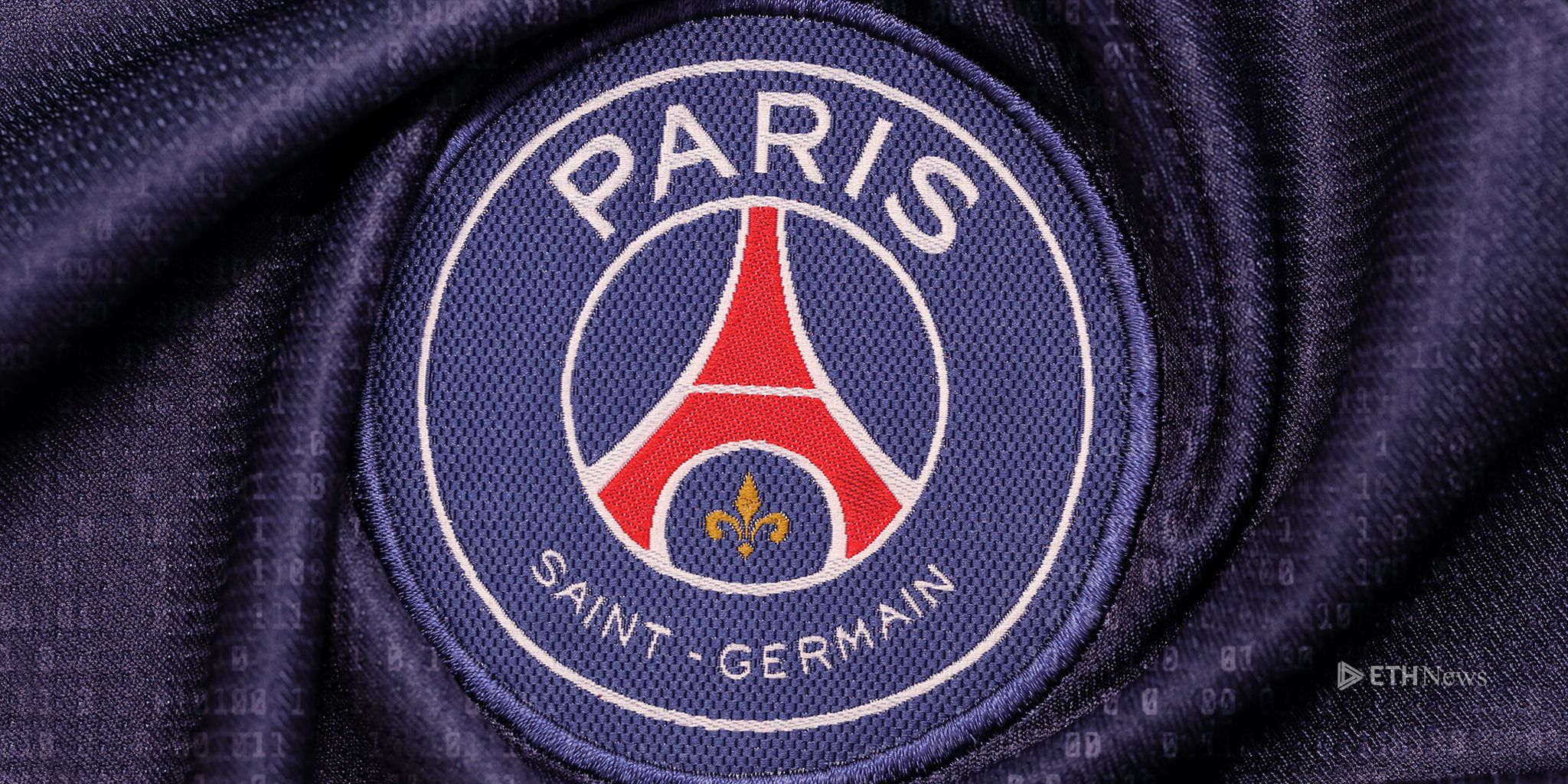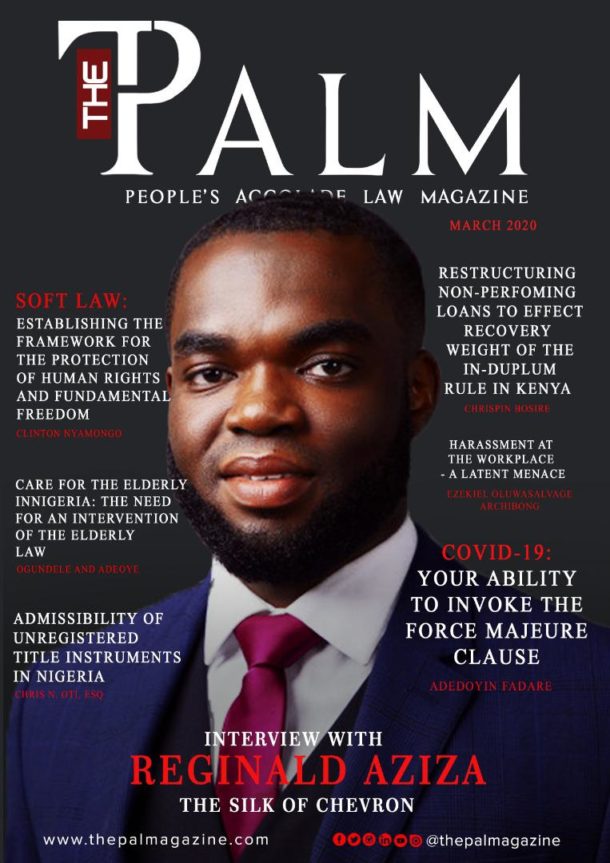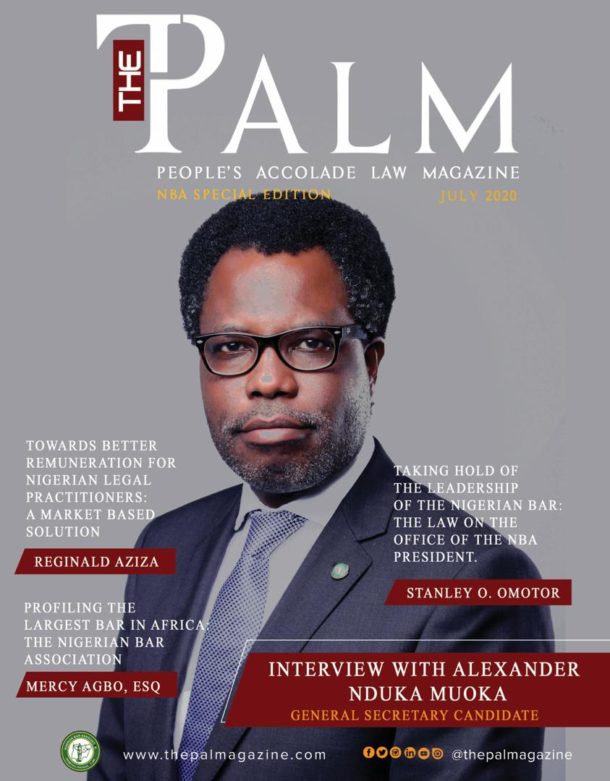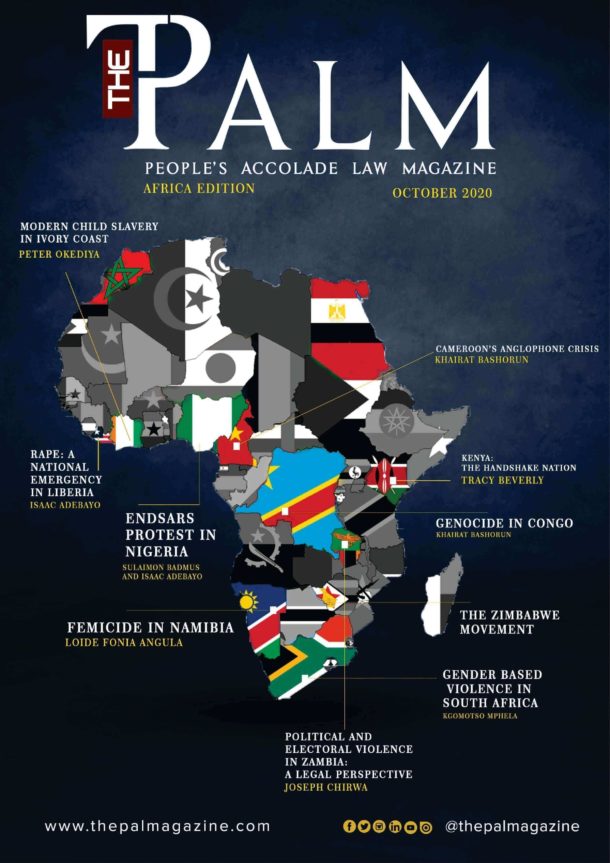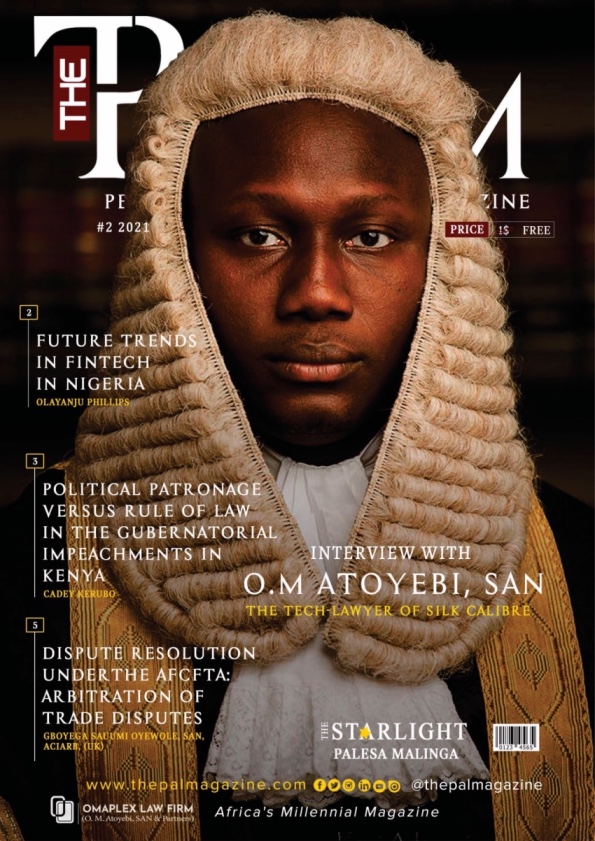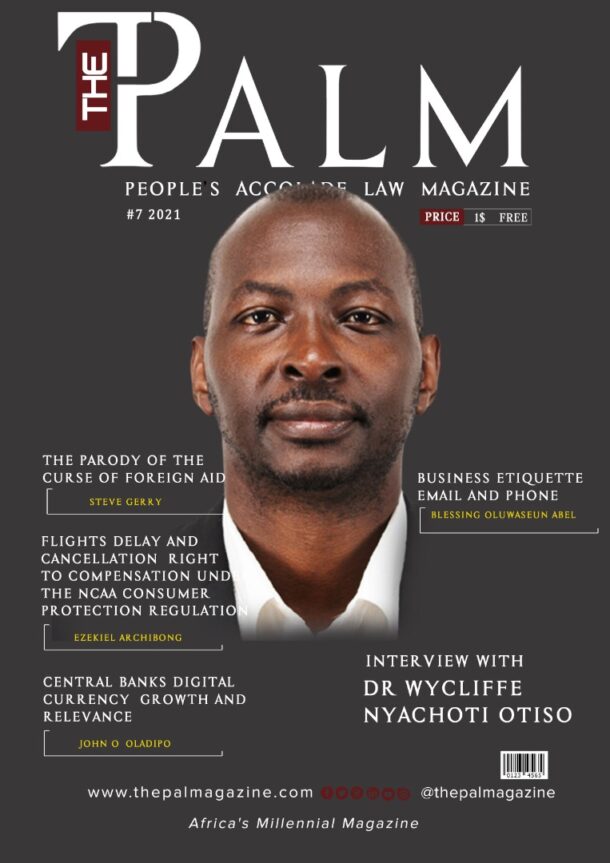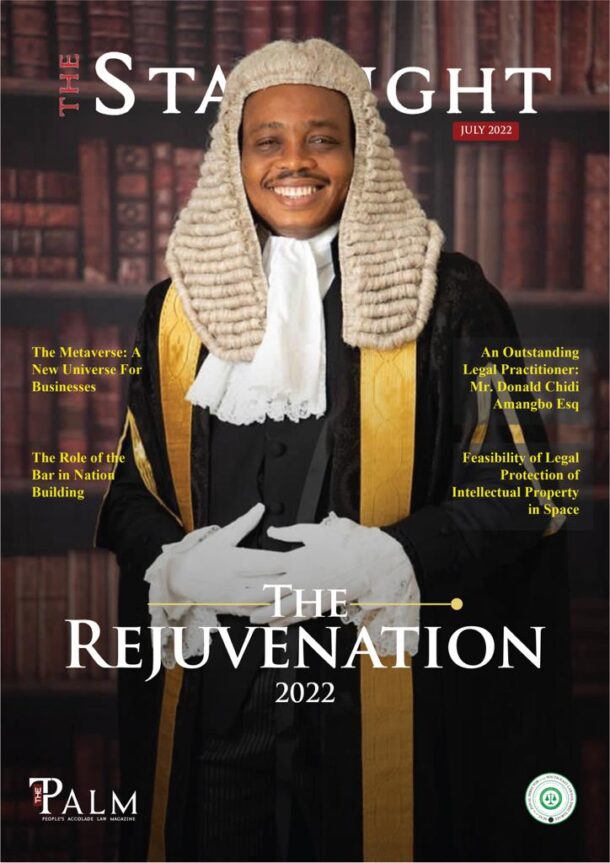Contractual disputes in football are inevitable and would continue to be so far as interests of parties are predominantly flexible. Usually because professional footballers have limited Professional lifespan, there is an increasing need for them to move to other clubs at a point in their careers and for this singular reason, the transfer rules have made it possible to execute a player’s transfer from one club to another; provided there is an agreement in place between the player’s current club and his prospective club.
The Adrien Rabiot’s contract dispute has been in the limelight of the game for a while that rumours have it that it might just be as big as the landmark Jean Marc Bosman case. Adrien Rabiot is a French professional footballer who is under contract with a French Football giant club: Paris Saint Germain (popularly known as PSG).
The player who is in the final lap of his contract with PSG faces a difficult challenge for the past 6 months as he has not been able to play any professional match for his team. In fact, he has been made to train away from the first team and with the reserves. It is indeed important to point out that the source of this dispute remains Rabiot’s refusal to extend his contract with PSG after various offers from them.

Consequently, the club released statements as to his misconducts in training and accused him of various vices and allegations; all with the intentions of frustrating his career and intimidating him to sign a new contract. I can confidently deduce this because Rabiot’s case would not be the first and definitely not the last as there have been powerful canvasses against frustration of professional footballer’s careers by club administrators in the past and up to this present moment, it seems this unlawful act has come to stay with Rabiot been the latest victim.
Amidst this controversy, various questions have emanated and the one most notable remains why PSG having levied so much allegations against Rabiot is yet to terminate his contract. It goes without saying that under the FIFA regulation on the status and transfer of players, the only circumstance where parties to a football contract are relieved of same is when they have satisfied their various obligations as expressed in the contract. In other words, we place heavy reliance on the provisions of Article 13 of the FIFA regulation on the status and transfer of players that,
“A contract between a professional and a club may only be terminated upon expiry of the term of the contract or by mutual agreement”.
The regulation however went further to expose a proviso that makes it possible to terminate a contract outside the purview of article 13. It stated in Article 14 that,
“A contract may be terminated by either party without consequences of any kind (either payment of compensation or imposition of sporting sanctions) where there is just cause”.
The entirety of the FIFA regulation on the status and transfer of players was not gratuitous to give a working definition for the word “Just cause”. However, in the dispute between Erik Salkic and Football union of Russia and the professional football club Arsenal while determining whether the players contract termination for failing to present himself at training for 20 days, the Court of arbitration for sport (CAS) referred to the case of De Nghe v. Etogan, CAS 2011/A/1062 in defining what “Just cause” meant
“any circumstance, the presence of which means that the party terminated cannot in good faith to be expected to continue the employment relationship is deemed to be a good cause”

It is now left for the club (in this instant, PSG) to determine if Rabiot has in any time acted in such a manner that it would not be expected to continue his employment relationship. Furthermore, the overriding provision that makes it impracticable for PSG to terminate Rabiot’s contract is as provided in Article 16 of the FIFA regulation on the status and Transfer of players that;
“A contract cannot be unilaterally terminated during the course of a season”
In applying the above mentioned provision to this instant case, it has become revealing that although PSG cannot during the course of the season terminate his contract, it is equally not a justification for frustrating his professional career. In this light, it is imperative to state that in any contract, the principle of “Pacta sunt servada” remains an indestructible bedrock. The Latin word means “an agreement must be kept” of which PSG has blatantly breached by neglecting their contractual obligations of playing Rabiot as a regular first team player instead of relegating him to the reserves.

Flowing from this juncture, the question of whether Adrien Rabiot can unilaterally terminate his contract has become a dilemma that needs to be resolved. To resolve same, one must consider the FIFA regulation on the status and transfer of players in this regard. It stated this in Article 16 that;
“An established professional who has, in the course of the season, appeared in fewer than ten per cent of the official matches in which his club has been involved may terminate his contract prematurely on the ground of sporting just cause. Due consideration shall be given to the player’s circumstances in the appraisal of such cases. The existence of a sporting just cause shall be established on a case by-case basis. In such a case, sporting sanctions shall not be imposed, though compensation may be payable. A professional may only terminate his contract on this basis in the 15 days following the last official match of the season of the club with which he is registered”.
In considering the provisions of the regulation, we can confidently say that Adrien Rabiot can unilaterally terminate his contract only on a “sporting just cause”. This provision can be read side by side Article 14 of thesame regulation to mean;
“Any party to a contract can terminate same only if there is a just cause but a professional footballer can also terminate his contract in the course of the season if he has appeared in less than 10 percent of the official matches of the club”.
Relying on the provision of Article 15 of the regulation, it is difficult to deduce that Rabiot has a sporting just cause to unilaterally terminate his contract with PSG as he has 14 games to his name this season. The question is now if these 14 games are below the minimum threshold required to invoke the provision of Article 15. Well if they are, Rabiot has a right to unilaterally terminate his contract but looking at the provision of Article 16 of the regulation, it might be impossible for him to do so.
In any case, we have hope that with the intervention of relevant authorities and bodies, it is not too late to reach an amicable resolution but in an event where it is, the entire footballing world waits anxiously to see Rabiot’s next destination hoping that it is a renowned one.
The author, Oluwaseyi I. Adeoye, Esq. is a Legal Practitioner at Layi Obisesan & Co. Ado-Ekiti, Ekiti state, Nigeria

